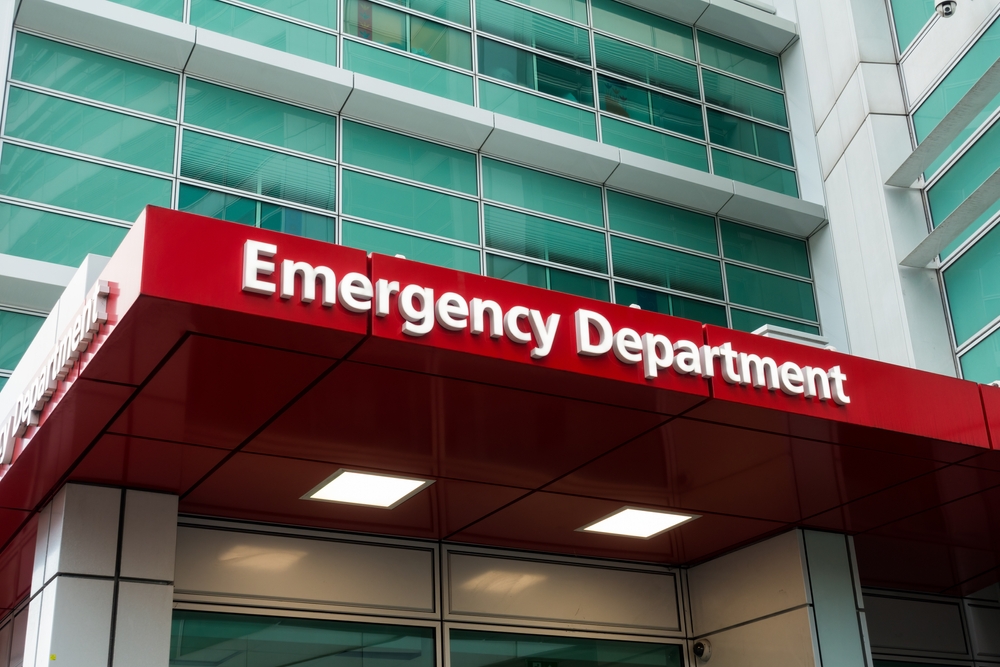Home > ASME Articles > What Makes a Peer? Characteristics of Certified Peer Recovery Support Specialists in an Emergency Department Setting
Addiction Science Made Easy
January 2024
CTN Dissemination Library & Northwest ATTC
Among people in North America who inject drugs, about 44.5% will experience a non-fatal overdose (OD) in their lifetime and many will be seen in an emergency department (ED). Surviving one overdose increases the risk for experiencing another one, making intervention in ED settings important.

Peer recovery-based support services are an effective way to boost the recovery capital of people who use drugs while also addressing their social needs, like housing, building social connections, and employment. A certified peer recovery support specialist (CPRSS) is someone with lived experience of substance use, mental health, or other co-occurring challenges who has acquired some form of specialized training in delivering peer services (certification requirements differ by state).
Multiple studies have examined CPRSSs in medical settings and identified key aspects of peers that make them effective, including intrinsic qualities (personality, listening skills), contributions of shared experiences, and personal stability (access to social supports, housing stability, mental health support, etc.). Patients have also shown support for peer staff, valuing their ability to offer empathy, encouragement, and hope.
The ED is unique, though – fast-paced, unpredictable, and often overcrowded – and less information exists about the unique skills and characteristics CPRSSs bring to their work in that setting.
This study aimed to fill that information gap. Knowing more about what peers see as the necessary skills in an ED environment can help hospitals better design and implement peer-based ED interventions for people who use drugs.
This study was part of a larger project designed to assess an ED-based CPRSS intervention funded by the SAMHSA State Targeted Response Grant. In the larger project, teams were staffed with CPRSSs employed by community-based organizations. The teams began the project working on-call, dispatched when an eligible patient arrived at the ED, but were eventually given dedicated space which they staffed 24/7.
To determine what kinds of skills CPRSSs identified as important for their work in this capacity, researchers interviewed 14 CPRSSs employed by 3 different community-based organizations. Most of the CPRSSs interviewed were white and female and had been working in the SUD field for an average of 6 years. Many had also worked as peers in other settings, including homeless encampments and SUD treatment or behavioral health.
CPRSSs interviewed described their work as more than a job – it was their “life’s purpose,” or a “higher calling,” and “life-saving” for themselves and others. This feeling motivates them to continue their work, both in the ED and other settings, despite personal or workplace challenges.
Participants described important qualities all those engaged in peer work share, like:
Some of the unique characteristics of the ED that participants described included a range of levels of support from other ED staff like doctors and nurses. When CPRSSs were on call rather than on-site, or busy working with another patient, nursing staff had to take on the additional effort of reaching out to them; some nurses were more receptive to this obligation than others. Peers also reported that they encountered ED staff who expressed stigmatizing attitudes about substance use that created barriers to their engagement both with peers and with patients.
Also unique to the ED setting, according to the peers interviewed, was a much higher need for peers to develop “hard skills,” like technical expertise related to navigating the healthcare system. Additional “soft skills” necessary in this setting included being assertive without overstepping boundaries with overstretched ED staff, and the ability to adapt and be flexible in a fast-paced and unpredictable environment.
High staff turnover in the ED also created challenges for the CPRSS program, as did high reliance on travel nurses who would come and go, requiring ongoing work from the CPRSSs to ensure new staff were aware and supportive of the program.
This study reveals important information about the unique skill set and values peers possess and what skills are especially necessary for those working in an emergency department setting. The findings suggest that working as a CPRSS can provide a sense of purpose and meaning, which can both improve patient outcomes and help sustain long-term recovery for the peers themselves.
It’s important to note as well, that CPRSSs may experience additional challenges in high-stress, fast-paced settings, like occupational stress, burnout, compassion fatigue, and vicarious trauma. For this reason, it’s important that organizations employing peers have high-quality, recovery-centered supervision and supports in place.
This article contains a wealth of information that would be useful for any organization – not just emergency departments – looking to employ peers to work with clients or patients who have SUD. It’s available for free, full-text, in PubMed Central.